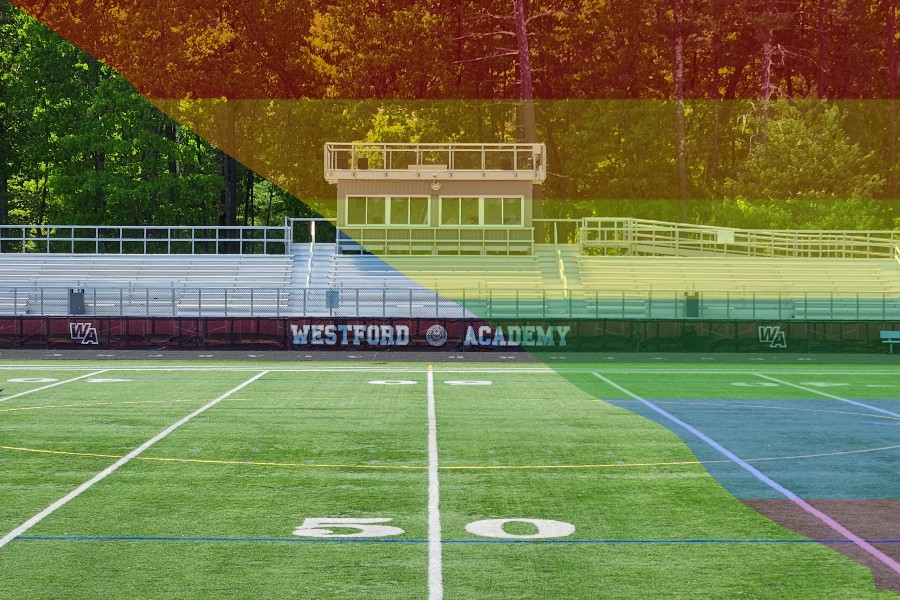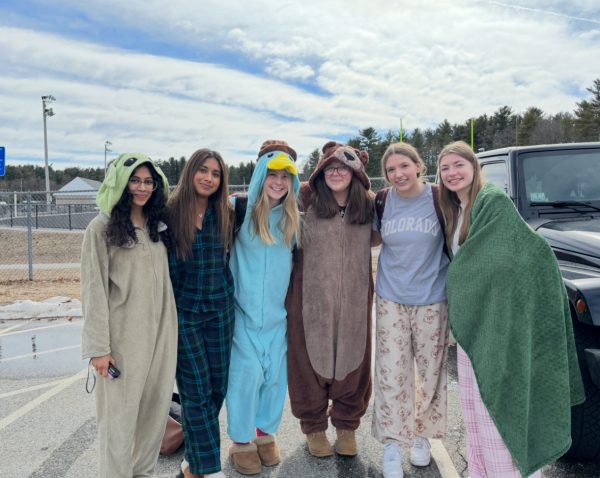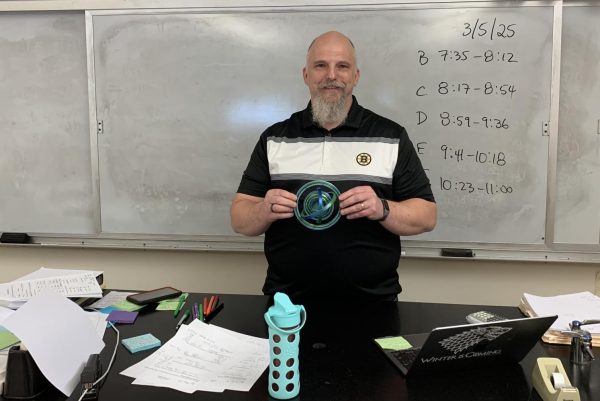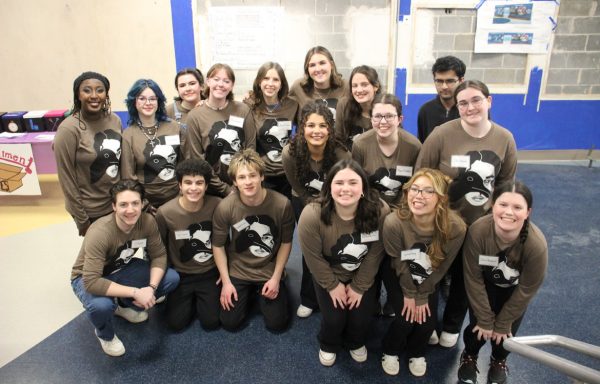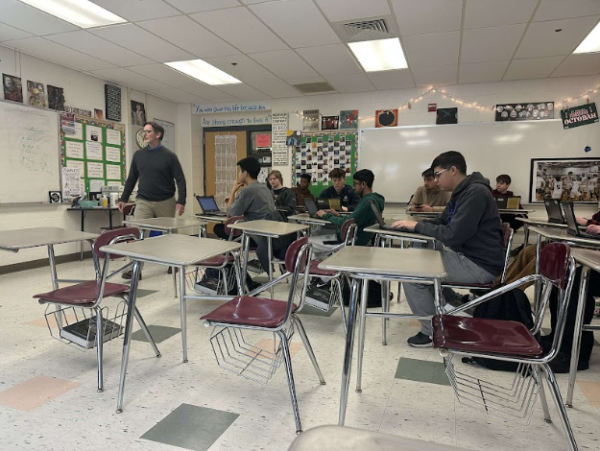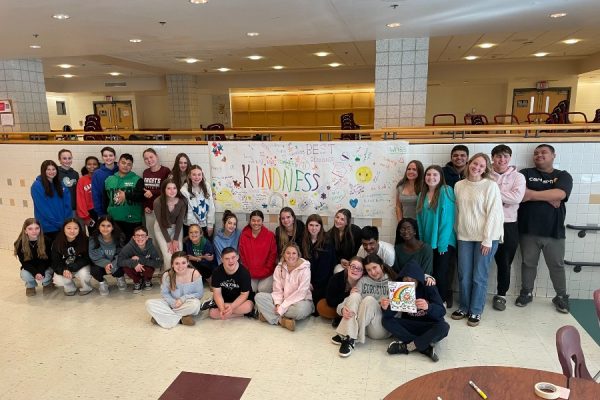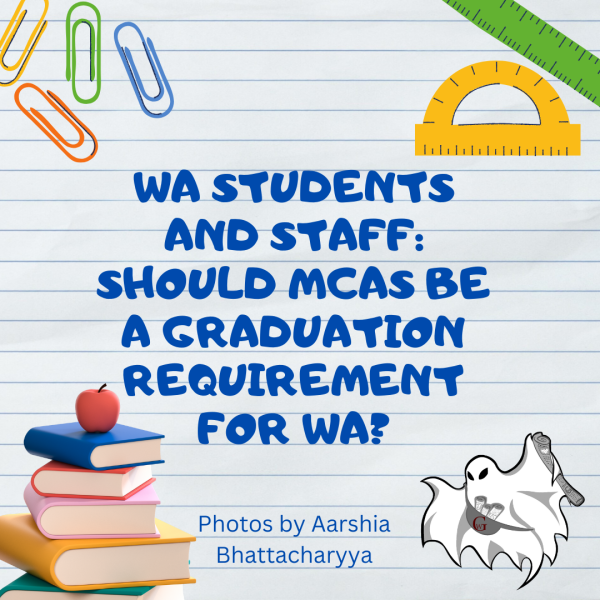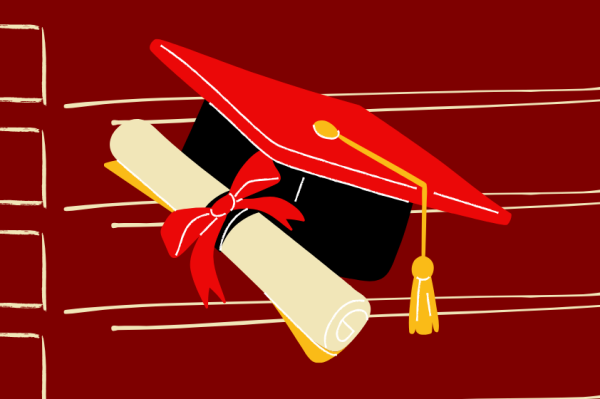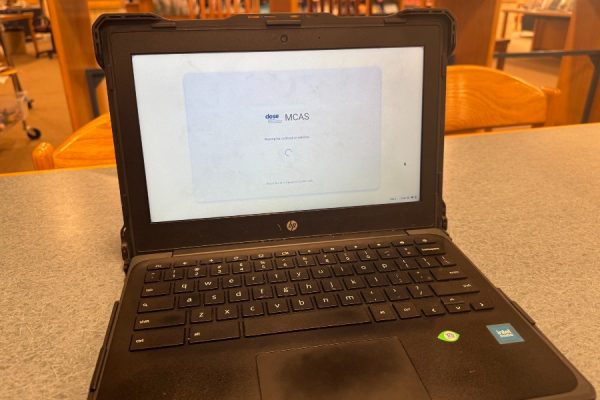WA’s queer athletes share experiences
Athletes at WA identify in many different ways.
As a teenager, identity is at the forefront of one’s mind. Along with managing academics, extracurriculars, and finalizing plans for the future, teenagers in today’s world must figure out who they are. And while many factors play a role in a person’s identity, one of the most important ones is a sense of community.
WA’s students can find community in many ways, with clubs, athletics, and groups that transcend school—whether cultural, religious, or something else—being some of them. One of these communities is the LGBTQ+, or queer, community. Often, students who identify as part of this community feel left out or excluded from the rest of the WA student population, especially when it comes to athletics.
“Some of the people the athletic programs attract are not the most open-minded,” junior Jefferey Laflamme said. “[It is difficult], especially for people who are discovering and experimenting with how they identify and express themselves.”
Laflamme, who was part of the school’s Track & Field team last year, feels that there is, in general, stigmatization of queer identities in athletic settings. However, he believes that when this issue is addressed by both coaches and students, acceptance can occur quicker, citing his experience with WA’s music program and marching band.
“I feel as though the school and the athletic department has made no clear effort to be accessible to queer athletes. Some more effort to [advocate] that they are welcoming would be greatly appreciated,” Laflamme said. “The marching band and music department [have] made inclusivity a core part of the program and I always feel welcome and comfortable expressing myself there.”
Although much of WA’s population is involved in school sports, still a large percentage of students are not, and their involvement in athletics and physical education at WA is manifested through physical education (“gym”) classes. However, many queer people’s experiences in these areas are similar to those described by Laflamme.
“There’s never really any respect or education [for and about LGBTQ+ people] in most situations,” junior Mars Mamidipudi said. “I’ve heard kids talking about me behind my back about being trans[gender] more often in gym class and sports settings than classroom settings. Something about that environment encourages this sort of competitive exclusion of those who are considered ‘other’.”
On the other hand, queer athletes at WA have also found an accepting environment in athletics where they can grow, creating a sort of safe space for them. Senior Arwyn Nguyen joined the WA Crew team because although the sport separates genders by boat, it is largely co-ed.
“When I came out, the response was positive in the most neutral way possible,” Nguyen said. “It wasn’t a big deal, but it was a respectful change of knowledge I felt over time […] everyone very much refers to me with the right pronouns. It doesn’t seem [like] much in a lot of people’s eyes, but to me, it gives me that baseline of respect towards everyone.”
Over his years participating in both the Novice and Varsity levels, Nguyen has rowed in girls’ boats, but in the end grew into the role of coxswain. As coxswain, one is in charge of steering and leading the boat; gender is largely irrelevant to this position.
“My crew team has been such a crucial part of my journey in becoming confident of who I am during the second half of my high school years. I’m grateful for having a team that rarely ever makes me think I’ll be targeted for just my identity,” Nguyen said. “If someone has an issue with me, the thought of my gender being [the cause] has never been the first one.”
According to athletic director Jeff Bunyon, WA is dedicated to providing a safe environment for everybody, and strives to make sure every athlete feels encouraged.
“As far as transgender athletes, there is no difference in the way [Title IX] is applied. We are committed to providing an […] inclusive environment for all student athletes,” Bunyon said.
At the federal level, Title IX is a part of education law that bars discrimination in schools based on sex. Since 1972, it has paved new routes for women in athletic settings from public schools all the way to university levels. Recently, the Biden administration proposed a change to Title IX— one that would prohibit schools from restricting students from participating on the team that aligns with their own gender identity rather than the one they were assigned at birth.
This proposal comes from not only brewing transphobia in the U.S. but also proposed laws that would directly impact students in schools all over the country. According to social studies teacher and GSA (Gender-Sexuality Alliance) advisor Beth McGregor, these kinds of issues are rare in Massachusetts. However, she still believes that being queer, regardless of involvement in athletics, is difficult to navigate in a high school setting.
“I think the biggest thing is transphobia in sports,” junior Clem Bower, who plays volleyball, said. “We have seen bans for trans kids all across the country, and it’s something really disheartening to see, especially since I plan to play in college as well. […] There is always the feeling that I don’t belong on a team just because of my differing gender identity.”
From proposed laws that ban gender-affirming care to transgender children, like this one in Indiana, to outrage over a transgender woman earning 6,159th place in the London Marathon, there is no doubt that homophobia and transphobia are rising (see here, here, and here). Ultimately, WA’s queer athletes believe that exposure and normalization of queer identities everywhere will lead to a more accepting space for all.
“I think having the experiences of queer athletes being recognized would allow people to be more invited to do a sport despite their identity being a little different than what’s usual,” Nguyen said. “It’s a matter of support and environment, because I got both when I joined, and I stayed. Learning about these new and real experiences can help normalize and broaden outside [people’s] binary thinking.”

